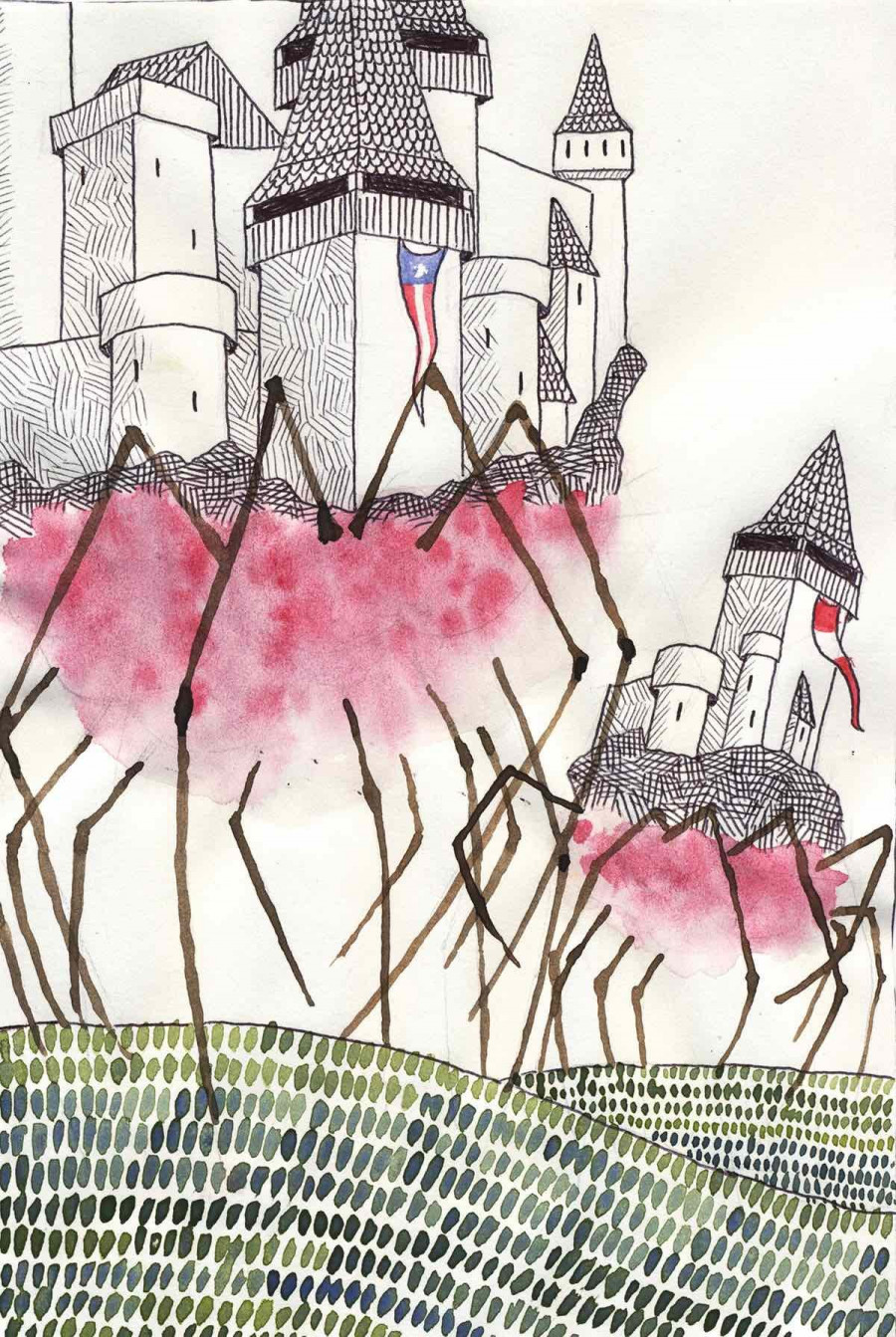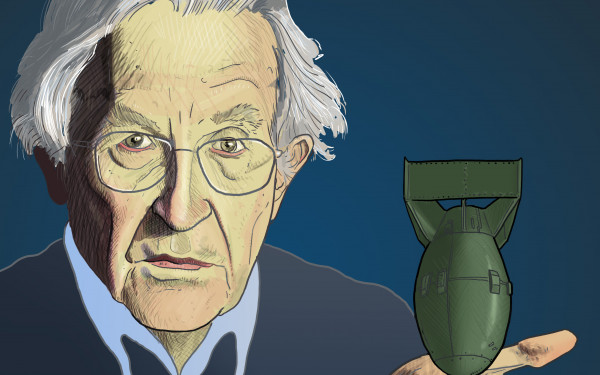Scrap the Safe Third Country Agreement
Under the dismaying and watchful eyes of millions globally, the U.S. elections demonstrated the turning tide of tolerance within its highest offices.
Donald Trump is the American president despite a track record for being the most catalogued sexist, ableist, and Islamophobic president in modern history.
While the rhetoric of his campaign was rhetoric of intolerance, in his new position of power he has now put into action some of the threats to civil and human liberties.
The recent American executive order has placed a 90-day ban on refugees from Iran, Iraq, Yemen, Libya, Somalia, Sudan, and an indefinite ban on Syrian refugee claimants.
Unsurprisingly these are countries where Trump does not have any business interests. These are the same countries where U.S. foreign policy affects the lives of millions of people as a consequence of political gambles between regimes and states.
What can we as concerned citizens—Montrealers, Quebecers, and Canadians—do about this global, and local, history in the making?
In 2016, more than 400 refugee claimants crossed on land into Manitoba from the U.S.—many of them were from Somalia. In fact, the current total number of refugees in the world is approximately 21 million people—1.1 million come from Somalia while a further 4.9 million are from Syria, two of the countries affected by the executive order.
The Safe Third Country Agreement is a deal struck between Canada and the U.S. in 2004, which restricts asylum-seeker’s movements. According to the deal, those fleeing persecution can only apply to one country between the two (U.S. or Canada) depending on where their plane lands.
This means that uncertainty for refugees only continues as the agreement forces refugee claimants to choose either country for refugee claimant protection, and once they make the decision, it is extremely difficult for them to apply to the other.
While Trump’s ban may no longer be in effect due to court decisions, the president has expressed interest in rolling out a similar policy in the future. As long as the Safe Third Country Agreement is in effect, any refugees will be at risk of returning to violence if they are not accommodated within our safe borders.
We are privileged to be making decisions about people who’ve lost their right due to imposing powers and their foreign policies. The very least we can do is to accommodate for their circumstances by suspending this limitation on them. As per our obligations to the United Nations’ 1951 Convention Relating to the Status of Refugees, we are under the responsibility to protect refugees.
Understanding the current situation and taking concern is an essential first step to holding political representatives accountable to our values. There is no passive democracy that could get you to change circumstances around your reality. Civic engagement is of the essence. More importantly, understanding how to transition the concern from sharing information on social media and raising awareness, to proactively seeking a multitude of ways of voicing your own opinion is key.
It is in this context that putting pressure on Justin Trudeau and defending minorities everywhere must be done proactively through social media and intelligently in schools and the streets.
The Canadian Civil Liberties Association has commended “our political leaders, including Prime Minister Justin Trudeau and those provincial and municipal leaders, who reiterated that Canada’s doors are open to individuals fleeing persecution, terror, and war.”
We support that idea, but also recognize that there are institutional barriers to making that ideal a reality—and one of the first among them is the Safe Third Country Agreement. That’s why students at Concordia—including the authors of this piece—have begun a letter-writing campaign to members of parliament, demanding that the Safe Third Country Agreement be suspended.
A Concordia student, Michelle Duchesneau, led this initiative. Activists at McGill who had begun a similar campaign first approached her. Duchesneau gathered the information and approached other Concordia activists in less than a week after Donald Trump’s executive order.
She printed letter templates where students could sign their name and address in order to send a personalized demand to their Members of Parliament. The response has been quite remarkable—dozens of students have signed on in just a few days.
With this action, we are voicing the views and bringing context to our long-standing concerns. Canada and the U.S. have agreements between them about numerous cross-border issues. One in particular is the obstacle of handling asylum-seekers fleeing life threatening circumstances or persecutions in their country of origin. For us, that is unacceptable.
Long gone is the era where people would feel safe simply venting and expressing cynicism about the distant-seeming world of politics. As the world encroaches closer and closer everyday and our realities begin to collide we come to one humbling realization—apathy is dying, and quickly.





_600_375_s_c1.png)

_820_547_90_600_375_90_s_c1.JPG)